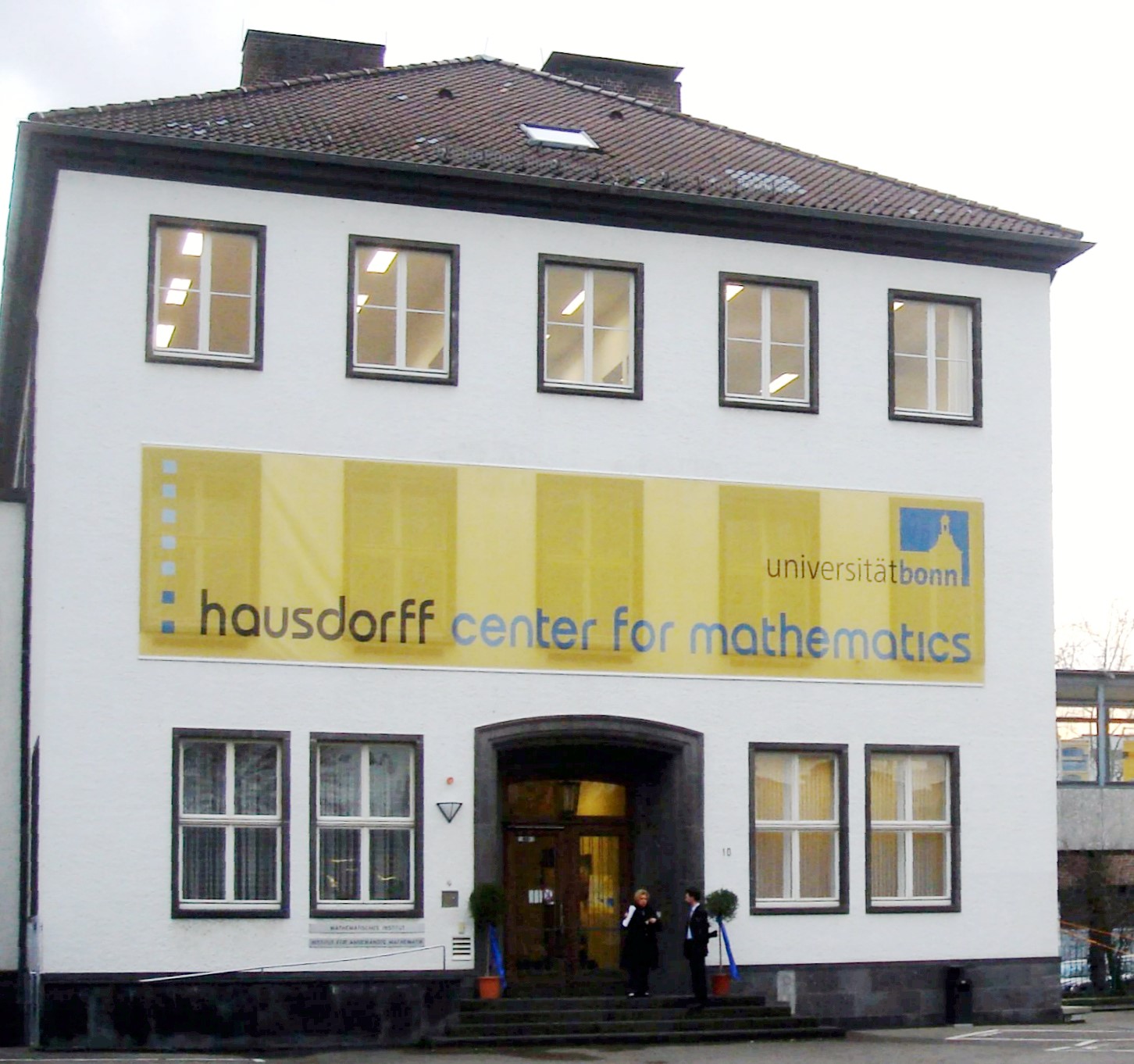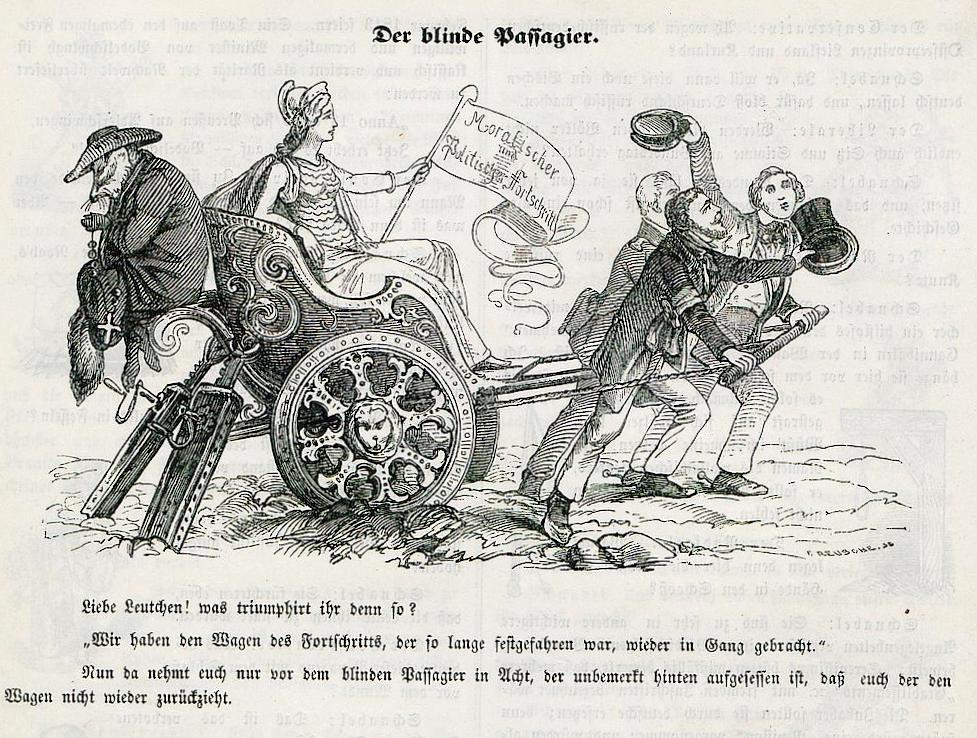|
Konrad Martin
Konrad Martin (18 May 1812, at Geismar, Province of Saxony – 16 July 1879, at Mont St Guibert, near Brussels, Belgium) was a Catholic Bishop of Paderborn. Life Konrad Martin studied first under an elder brother who was a priest, and later at the Gymnasium at Heiligenstadt. He studied theology and Semitic languages for two years at Munich under Ignaz von Döllinger and Joseph Franz von Allioli, then went to Halle where the famous Gesenius taught, and thence to Würzburg, where he passed the ''examen rigorosum'' for the degree of ''Doctor Theologiæ''. But he was compelled to leave Würzburg, and undergo the same examination in Münster, Westphalia, because the Prussian ministry forbade studying at South German universities and did not recognize their degrees.Schlager, Patricius. "Konrad Martin." T ... [...More Info...] [...Related Items...] OR: [Wikipedia] [Google] [Baidu] |
Geismar
Geismar is a municipality in the district of Eichsfeld in Thuringia Thuringia (; officially the Free State of Thuringia, ) is one of Germany, Germany's 16 States of Germany, states. With 2.1 million people, it is 12th-largest by population, and with 16,171 square kilometers, it is 11th-largest in area. Er ..., Germany. References Eichsfeld (district) {{Eichsfeld-geo-stub ... [...More Info...] [...Related Items...] OR: [Wikipedia] [Google] [Baidu] |
Wipperfürth
310px, Map of the city 250px, Town hall Wipperfürth () is a municipality in the Oberbergischer Kreis of North Rhine-Westphalia, Germany, about 40 km north-east of Cologne, and the oldest town in the Bergischen Land. History The eldest documentary mention dates from 1131. In the Siegburger Mirakelbuch the place is already designated Oppidum(=town). Manner of writing of the first naming: "Weperevorthe". Wipperfürth received town rights between 1217 and 1222. Since 1283 the administration of the town was governed by count Adolf V. von Berg. Already in 1275 king Rudolf von Habsburg allowed the count to move his mint from Wildberg to Wipperfürth. Here, Pfennige were stamped according to Cologne model. In 1328, with the privilege of king Louis the Bavarian the first coinage of Groschen in Germany began in Wipperfürth. Since the 14th century the town was a member of the Hanse. Businesspeople of the town traveled to Stockholm, Dorpat, Malmö, Novgorod, Reval and Lübeck. The t ... [...More Info...] [...Related Items...] OR: [Wikipedia] [Google] [Baidu] |
First Vatican Council
The First Ecumenical Council of the Vatican, commonly known as the First Vatican Council or Vatican I, was the 20th ecumenical council of the Catholic Church, held three centuries after the preceding Council of Trent which was adjourned in 1563. The council was convoked by Pope Pius IX on 29 June 1868, under the rising threat of the Kingdom of Italy encroaching on the Papal States. It opened on 8 December 1869 and was adjourned on 20 September 1870 after the Italian Capture of Rome. Its best-known decision is its definition of papal infallibility. The council's main purpose was to clarify Catholic theology, Catholic doctrine in response to the rising influence of the modern philosophical trends of the 19th century. In the Dogmatic Constitution on the Catholic Faith (), the council condemned what it considered the errors of rationalism, anarchism, communism, socialism, liberalism, materialism, Modernism in the Catholic Church, modernism, Naturalism (philosophy), naturalism, pant ... [...More Info...] [...Related Items...] OR: [Wikipedia] [Google] [Baidu] |
Diocesan Synod
In the Anglican Communion, the model of government is the 'Bishop in Synod', meaning that a diocese is governed by a bishop acting with the advice and consent of representatives of the clergy and laity of the diocese. In much of the Communion the body by which this representation is achieved is called the diocesan synod. (In the Episcopal Church in the US, the corresponding body is called a diocesan convention.) The precise composition of a diocesan synod is subject to provincial and local canon and practice. Church of England In the Church of England diocesan synods exist under the terms of the Synodical Government Measure 1969. A diocesan synod consists of three Houses, as follows: * The House of Bishops consists of the diocesan bishop, together with any stipendiary suffragan bishops or area bishops, and assistant bishops as nominated by the diocesan bishop with the agreement of the archbishop. * The House of Clergy consists of clergy representatives chosen by the clergy in ... [...More Info...] [...Related Items...] OR: [Wikipedia] [Google] [Baidu] |
Sisters Of St
A sister is a woman or a girl who shares parents or a parent with another individual; a female sibling. The male counterpart is a brother. Although the term typically refers to a familial relationship, it is sometimes used endearingly to refer to non-familial relationships. A full sister is a first-degree relative. Overview The English word ''sister'' comes from Old Norse which itself derives from Proto-Germanic ''*swestēr'', both of which have the same meaning, i.e. sister. Some studies have found that sisters display more traits indicating jealousy around their siblings than their male counterparts, brothers. In some cultures, sisters are afforded a role of being under the protection by male siblings, especially older brothers, from issues ranging from bullies or sexual advances by womanizers. In some quarters, the term ''sister'' has gradually broadened its colloquial meaning to include individuals stipulating kinship. In response, in order to avoid equivocation, som ... [...More Info...] [...Related Items...] OR: [Wikipedia] [Google] [Baidu] |
Maria Theresia Bonzel
Maria Theresia Bonzel (17 September 1830 – 6 February 1905), born ''Regina Christine Wilhelmine Bonzel'', was a German religious sister. She was the founder of the Sisters of Saint Francis of Perpetual Adoration. By the time of her death, the congregation had sisters all over the world, and had established schools, hospitals, and orphanages. Bonzel was beatified in 2013 by Cardinal Angelo Amato on behalf of Pope Francis. Biography Regina Christine Wilhelmine Bonzel was born on 17 September 1830, the elder of two daughters of Friedrich Edmund and Angela Maria Liese Bonzel. She was familiarly called "Aline". Her mother sent her to study at the Ursulines in Cologne and it was there that her vocation matured. Her parents were opposed to her desire to enter religious life but she nonetheless entered the Third Order of Saint Francis in 1850. Alongside eight other women she joined and took the name of "Maria Theresia". In 1859, Maria and two other women founded a monastic community ... [...More Info...] [...Related Items...] OR: [Wikipedia] [Google] [Baidu] |
Sisters Of Christian Charity
The Sisters of Christian Charity (S.C.C.), officially called Sisters of Christian Charity, Daughters of the Blessed Virgin Mary of the Immaculate Conception, is a Roman Catholic women's congregation of pontifical right founded in Paderborn, Germany, on 21 August 1849 by Blessed Pauline von Mallinckrodt. Their original mission was caring for impoverished and abandoned children, with a special emphasis on the blind. Today, they work in a variety of ministries. History The institute had attained great success throughout Germany when, in 1873, its members were forced into exile by the persecution of the Kulturkampf. Some went to South America, others emigrated to New Orleans, United States, where, in April 1873, they founded a house and took charge of a parochial school. Mother Pauline followed shortly after and established a new provincial mother-house, at Wilkes-Barre, Pennsylvania. [...More Info...] [...Related Items...] OR: [Wikipedia] [Google] [Baidu] |
Pauline Mallinckrodt
Pauline von Mallinckrodt, SCC (3 June 1817 - 30 April 1881) was a German noblewoman, Roman Catholic professed religious and the foundress of the Sisters of Christian Charity. Born into an aristocratic Mallinckrodt family as the daughter of a Lutheran father and Catholic mother, from her adolescence she began to tend to the blind and sick. This venture expanded into what became a religious congregation which spread at a rapid pace; she herself traveled to a range of places to oversee its growth and development. She later was beatified on 14 April 1985. Life Pauline von Mallinckrodt was born into the German nobility, as the eldest child of Detmar von Mallinckrodt (1769-1842), a politician and an Evangelical, and his wife, the highly accomplished and pious Marianna Berhardina Katharina von Hartmann (1787-1834), a Catholic. Her father was Vice-governor at Minden (1818–23) and also at Aachen (1823–29). The distinguished parliamentarian Hermann Josef Christian von Mallinckrodt ... [...More Info...] [...Related Items...] OR: [Wikipedia] [Google] [Baidu] |
Paderborn
Paderborn (; Westphalian language, Westphalian: ''Patterbuorn'', also ''Paterboärn'') is a city in eastern North Rhine-Westphalia, Germany, capital of the Paderborn (district), Paderborn district. The name of the city derives from the river Pader (river), Pader and ''Born'', an old German term for the source of a river. The river Pader originates in more than 200 springs near Paderborn Cathedral, where St. Liborius is buried. History Paderborn was founded as a bishopric by Charlemagne in 795, although its official history began in 777 when Charlemagne built a castle near the Paderborn springs.Ed. Heribert Zelder, Tourist Information Services, ''Welcome to Paderborn'', Stadt Paderborn: Paderborn, Germany, 2009. In 799 Pope Leo III fled his enemies in Rome and reached Paderborn, where he met Charlemagne, and stayed there for three months. It was during this time that it was decided that Charlemagne would be crowned emperor. Charlemagne reinstated Leo in Rome in 800 and was crow ... [...More Info...] [...Related Items...] OR: [Wikipedia] [Google] [Baidu] |
Dieringer
Dieringer is a surname. Notable people with the surname include: *Alex Dieringer (born 1993), American wrestler *Darel Dieringer Darel Eugene Dieringer Sr. (June 1, 1926 – October 28, 1989) was an American professional stock car racing driver. He ran 181 NASCAR Grand National Series races during his career, notably racing for Bud Moore Engineering and Junior Johnson & As ... (1926–1989), American stock car racing driver * Franz Xaver Dieringer (1811–1876), Roman Catholic theologian * Ray Dieringer, American basketball coach {{surname ... [...More Info...] [...Related Items...] OR: [Wikipedia] [Google] [Baidu] |
University Of Bonn
The University of Bonn, officially the Rhenish Friedrich Wilhelm University of Bonn (), is a public research university in Bonn, North Rhine-Westphalia, Germany. It was founded in its present form as the () on 18 October 1818 by Frederick William III, as the linear successor of the () which was founded in 1777. The University of Bonn offers many undergraduate and graduate programs in a range of subjects and has 544 professors. The University of Bonn is a member of the U15 (German universities), German U15 association of major research-intensive universities in Germany and has the title of "University of Excellence" under the German Universities Excellence Initiative. Bonn has 6 Clusters of Excellence, the most of any German university; the Hausdorff Center for Mathematics, the Matter and Light for Quantum Computing cluster, Bonn Center for Dependency and Slavery Studies, PhenoRob: Research for the Future of Crop Production, the Immune Sensory System cluster, and ECONtribute: M ... [...More Info...] [...Related Items...] OR: [Wikipedia] [Google] [Baidu] |
Kulturkampf
In the history of Germany, the ''Kulturkampf'' (Cultural Struggle) was the seven-year political conflict (1871–1878) between the Catholic Church in Germany led by Pope Pius IX and the Kingdom of Prussia led by chancellor Otto von Bismarck. The Prussian church-and-state political conflict was about the church's direct control over both education and ecclesiastical appointments in the Prussian kingdom as a Roman Catholic nation and country. Moreover, when compared to other church-and-state conflicts about political culture, the ''Kulturkampf'' of Prussia also featured anti-Polish sentiment. In modern political usage, the German term ''Kulturkampf'' describes any conflict (political, ideological, or social) between the secular government and the religious authorities of a society. The term also describes the great and small culture wars among political factions who hold deeply opposing values and beliefs within a nation, a community, and a cultural group. Background Europe a ... [...More Info...] [...Related Items...] OR: [Wikipedia] [Google] [Baidu] |




